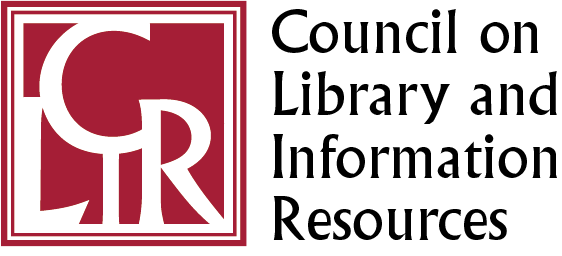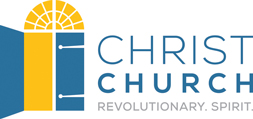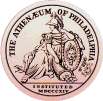After William Penn settled Philadelphia in 1681 as a place for religious freedom, the city became an the epicenter for political thought and action through the colonial era. As delegates to the Continental Congress and Constitutional Conventions debated and worshiped in Philadelphia, America became shaped through matters of church and state.
A new archival project spearheaded by Christ Church Preservation Trust will provide new portals into the relationship between religion and politics in the 18th and early 19th centuries, perhaps offering more insight into colonial America than any other published body of work.
In January 2018, the Trust received a Digitizing Hidden Special Collections and Archives grant in the amount of $385,205 from the Council on Library and Information Resources (CLIR). (The CLIR Digitizing Hidden Collections program grant is funded by The Andrew W. Mellon Foundation.) These funds will allow for the digitization of over 41,000 records from Philadelphia’s oldest congregations, connecting the archives of Christ Church, St. George’s Methodist Church, Gloria Dei, Mikveh Israel, African Episcopal Church of St. Thomas, Episcopal Dioceses Archives, Presbyterian Historical Society, St. Peter’s Episcopal Church and American Baptist Historical Society.
Entitled “Digitizing the Records of Philadelphia’s Historic Congregations: Providing Documentation for the Political, Social and Cultural Developments in Philadelphia,” the documents range in date from 1708-1870.
Much of the congregational information has remained “hidden,” inaccessible due to technological and funding limitations, but these important records function as transcripts of a time before census takers and city directories. Church membership lists and burial, marriage and baptismal records provide information on individuals living in the nation’s first capital. Pew registers provide a wealth of information about status within the community and social ranking within churches. Minutes and correspondence highlight the diversity of religious thought and religious toleration and illustrate how freely individuals moved between historic congregations.
These records illuminate scholarship topics including Philadelphia’s activities during the Civil War, the role of the church in enslaved and free African communities from the mid-1700’s through the Civil War, and the rise of new religious denominations, such as the Episcopal Church and the African Episcopal Church of St. Thomas.
“Digitizing the Records of Philadelphia’s Historic Congregations” builds upon a Christ Church pilot project launched in 2014 by incorporating technology that allows the tagging of different data within one document, an act that enhances the searchability of records. Unlike other major genealogical sites, this project will make research information free and easily accessible to an international audience.





